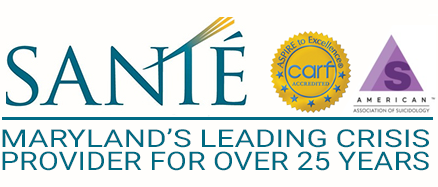THE SIGNS
Pain isn’t always obvious, but most suicidal people show some signs that they are thinking about suicide. The signs may appear in conversations, through their actions, or in social media posts. If you observe one or more of these warning signs, especially if the behavior is new, has increased, or seems related to a painful event, loss, or change, step in or speak up.
If any of these signs are present, call or text 988 to reach the Suicide & Crisis Lifeline.
TEENS
Emotional distress in teenagers may not always be apparent, but many young people contemplating suicide exhibit warning signs. These indicators can manifest in their conversations, behaviors, or even through posts on social media. Key signs to watch for include sudden changes in behavior, increased withdrawal or isolation, and expressions of hopelessness or despair. If you notice any of these signs—particularly if they're new, have intensified, or are linked to a recent painful experience or loss—it's critical to intervene or voice your concerns.
OLDER ADULTS
Signs of emotional pain in older adults might not always be immediately noticeable, but those considering suicide often exhibit certain behaviors. These warning signs may surface in conversations, through changes in usual behavior, or even in subtle social cues. Important signs include withdrawal from social interactions, a noticeable lack of interest in previously enjoyed activities, and verbal cues that express feelings of hopelessness or being a burden. If you observe any of these signs, particularly if they are new, have worsened, or relate to a recent loss or major life change, it’s important to take action or speak out
CRITICAL
Identifying critical signs of emotional distress that might lead to suicide requires careful observation, as these signs may not always be overt. In severe cases, individuals may demonstrate marked changes in behavior, urgent expressions of hopelessness, or even direct verbal hints at self-harm. These critical indicators can manifest in drastic withdrawal from social life, abrupt disinterest in all activities, and intensified statements about being a burden to others. When such signs are present, especially if they are new, escalate rapidly, or follow a significant life event such as a loss or major transition, immediate intervention is essential. It's crucial to act swiftly and engage with mental health professionals to provide the support needed in these urgent situations.
